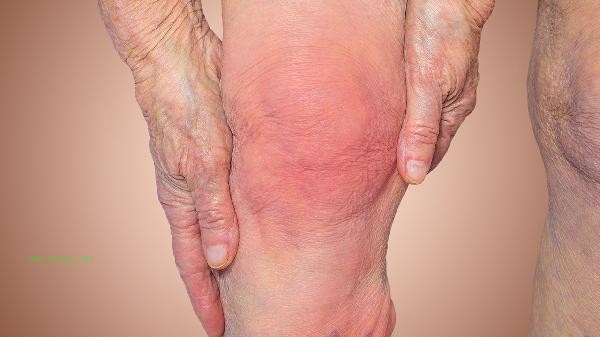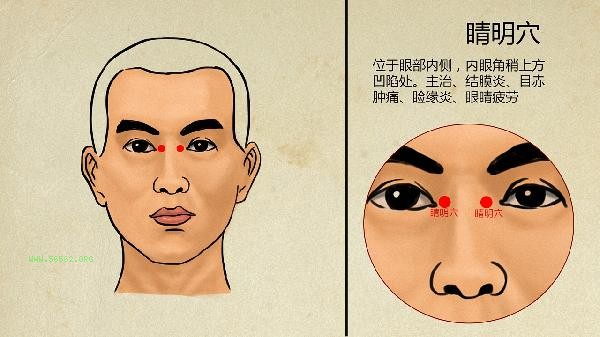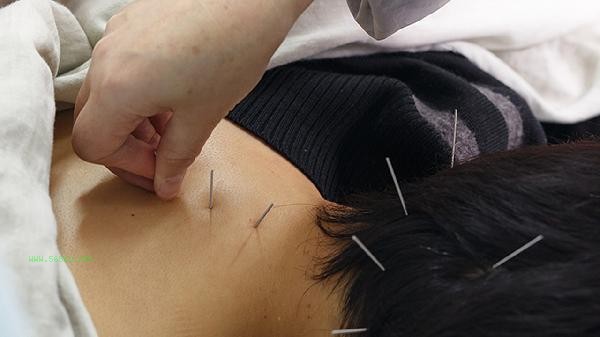Liposuction surgery may lead to skin unevenness, infection, fat embolism and other sequelae, but the risk can be reduced by choosing a regular hospital, postoperative care and reasonable recovery.
1. Uneven Skin
Liposuction surgery uses negative pressure to remove fat. Improper operation may lead to uneven fat distribution and uneven skin. This phenomenon is more common in fat rich areas such as the abdomen and thighs. To avoid this problem, it is necessary to communicate fully with the doctor before surgery, understand the details of the surgery, and wear shapewear after surgery to help the skin recover and become smooth.
2. Infection
Surgical incisions may be infected due to improper nursing or incomplete disinfection of instruments. The symptoms of infection include redness, swelling, pain, fever, etc. The key to preventing infection lies in choosing a reputable medical institution, keeping the wound clean after surgery, and using antibiotics according to medical advice. If symptoms of infection appear, seek medical attention promptly.
3. Fat embolism
Fat embolism is a serious complication of liposuction surgery, where fat particles entering blood vessels may block the blood supply to important organs, endangering life. Symptoms include difficulty breathing, chest pain, and blurred consciousness. To reduce risks, a detailed physical examination should be conducted before surgery, and the physical condition should be closely monitored after surgery. If any abnormalities occur, seek medical attention immediately.
4. Postoperative recovery
After liposuction surgery, it is important to rest, avoid vigorous exercise, and maintain a light diet. It is recommended to consume foods rich in protein and vitamins to promote wound healing. Avoid taking baths or swimming within 1-2 weeks after surgery to prevent wound infection. Regular check ups to ensure smooth recovery. Although liposuction surgery can quickly reduce fat, the potential risks cannot be ignored. Choosing experienced doctors and strictly following postoperative care requirements are key to reducing sequelae. Maintaining a healthy lifestyle after surgery, such as a balanced diet and moderate exercise, is essential for sustaining long-term effects. If discomfort symptoms occur, seek medical attention promptly to avoid delaying treatment.









Comments (0)
Leave a Comment
No comments yet
Be the first to share your thoughts!